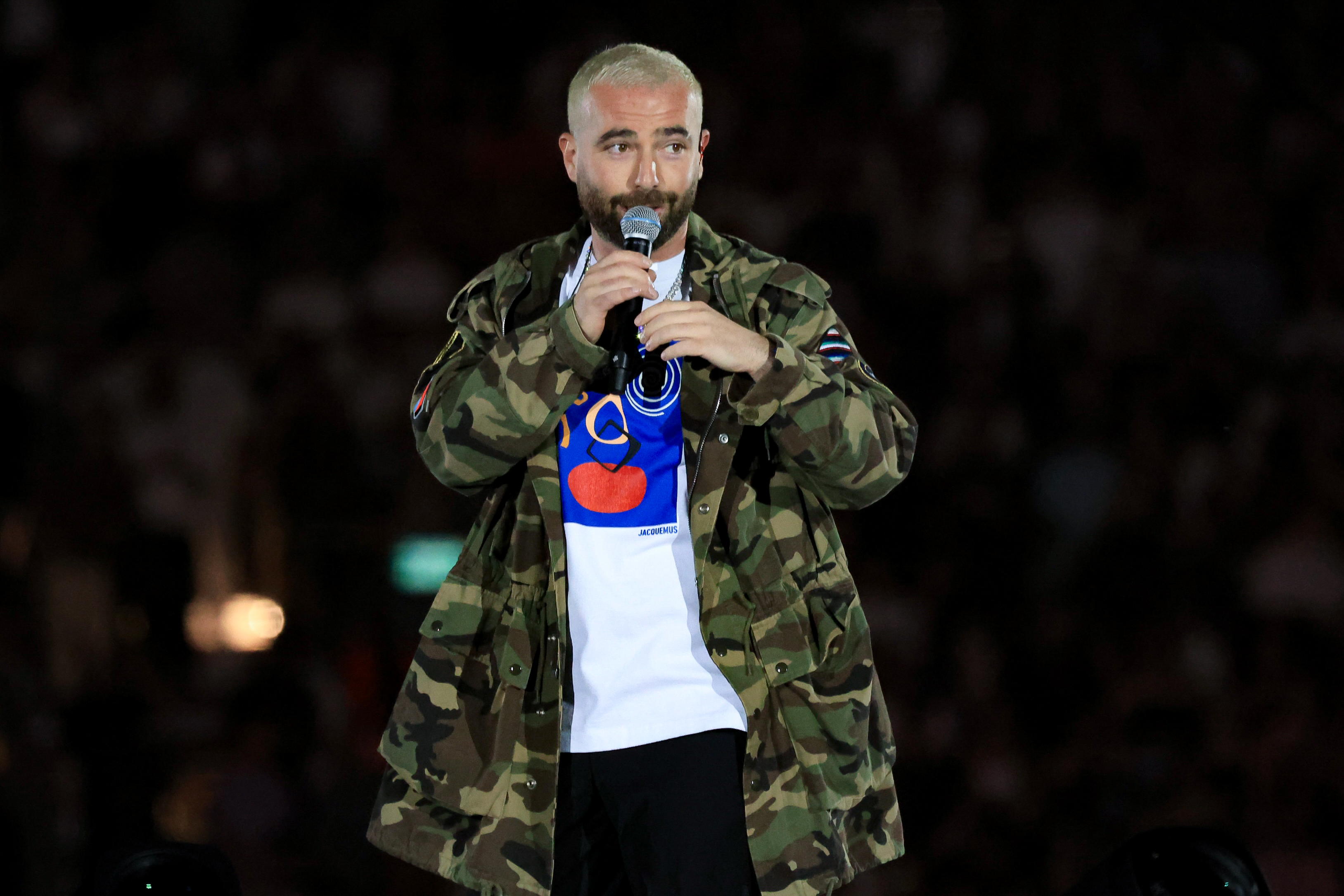"Blackmail attempt": Omer Adam sues songwriters for NIS 100K and demands public apology
A legal dispute has erupted between Israeli pop star Omer Adam and two songwriters over claims of song theft, with both sides accusing the other of plagiarism. The case involves allegations of AI-generated manipulation, defamation, and demands for public apologies and financial compensation.

Israeli pop star Omer Adam has filed a countersuit against songwriting duo Eli and Kobi Shushan, demanding NIS 100,000 in damages and a formal public apology. This legal move comes in response to the Shushans’ claim, filed two months ago, accusing Adam of copying their song and demanding NIS 1 million in compensation. However, Adam’s legal team insists the opposite is true: that the duo plagiarized his original work.
According to the countersuit, filed through the law firm Altshuler, Adam’s attorney argues that the Shushan brothers’ original letter was an attempt to create controversy out of nothing, a baseless extortion effort aimed at gaining publicity and financial benefit. “This is a blatant attempt to enrich themselves unlawfully at the expense of my client,” the statement reads, accusing the Shushans of defaming Adam by spreading false accusations to the media.
The heart of the dispute revolves around Adam’s hit song “Tehom” ("Abyss"), which the Shushans allege was copied from their own work. But in a striking reversal, Adam’s camp claims that not only is there no similarity between the songs, but there is “a significant suspicion” that the Shushans may have copied from Adam’s previous compositions — possibly using AI technology to mask the source and create misleading evidence.
In addition to the monetary compensation, which Adam states he will donate to a community welfare organization, the singer is demanding the removal of the Shushans’ song from all media platforms and a written apology. The demanded statement must include an admission that their allegations against Adam, as well as fellow artists Shay Horowitz, Ilai Raviv, and Guy Dan, were false. It must also acknowledge misuse of Adam’s voice and likeness through AI, creating a false impression that he performed a song titled “The House That Was Ours.”
The statement concludes with a clear message: the false claims have harmed Omer Adam’s reputation and artistic integrity, and the singer is seeking justice and closure for what his legal team calls a deliberate and damaging smear campaign.